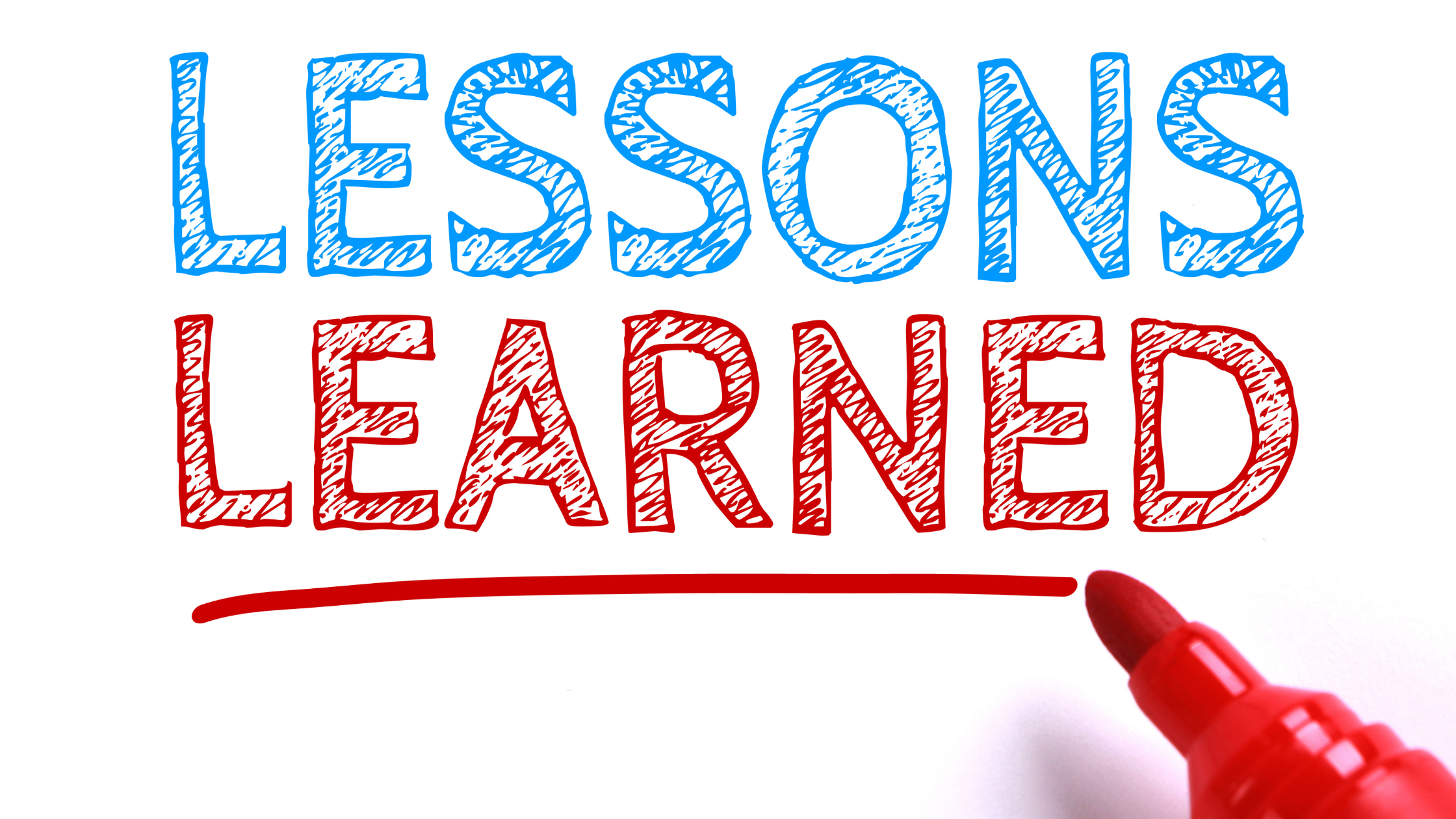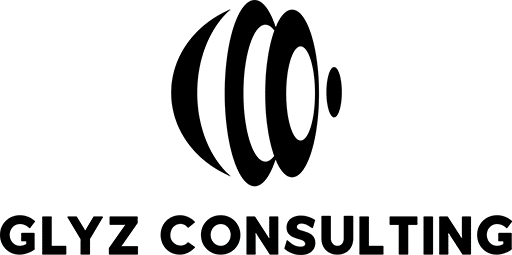
Lessons from Top Global Brands
Introduction to Corporate Resilience
In today’s volatile business landscape, a resilient corporate strategy is key to long-term success. With rapid technological advancements, shifting consumer behaviors, and unpredictable economic conditions, businesses need strategies that are not only forward-thinking but also flexible enough to adapt. Corporate resilience refers to a company’s ability to withstand external pressures and emerge stronger from challenges, allowing it to remain competitive in the face of disruption.
This blog explores how top global brands have built resilient corporate strategies and offers actionable insights to help businesses navigate market changes and maintain long-term growth.
Key Components of a Resilient Corporate Strategy
Agility: Adapting to Market Shifts
Agility is the cornerstone of corporate resilience. Brands that can quickly adapt to market shifts and new consumer demands are better positioned to succeed in dynamic environments. A key element of agility is decision-making speed organizations need systems in place to quickly pivot their strategies when faced with unforeseen circumstances.
Agility also requires a flexible organizational structure where cross-functional teams can collaborate to implement changes rapidly. Top brands like Amazon and Netflix have embraced agile models, allowing them to continuously iterate on products, services, and business models.
As AI becomes more integrated into business processes, companies will need to invest in AI-driven tools and platforms that can automate workflows, detect patterns in data, and drive innovation. Staying ahead means incorporating AI not just to solve problems but to anticipate them and create new opportunities for growth.
Innovation: Driving Continuous Improvement
Innovation is not just about creating new products; it’s about fostering a mindset of continuous improvement. Resilient brands invest in innovation as a strategic pillar, ensuring they stay ahead of competitors. Innovation can be in the form of new technologies, processes, or business models that increase efficiency and create value.
Companies like Apple have built resilience by embedding innovation into their culture, continuously launching new products, and enhancing customer experiences. This commitment to innovation ensures their relevance in a rapidly changing market.
Strong Leadership: Guiding Through Uncertainty
Leadership plays a pivotal role in corporate resilience. Strong leaders guide organizations through uncertainty by making informed, strategic decisions and maintaining clear communication. In times of crisis, leadership that is decisive yet adaptable ensures that the organization can navigate disruptions effectively.
Effective leaders also foster a culture of trust and collaboration, which is critical in times of upheaval. They empower teams to be innovative and resilient, helping the organization as a whole to stay focused on its long-term objectives.
Diversification: Reducing Risk Through Multiple Avenues
Diversification is a key strategy for building resilience. By diversifying their products, services, or markets, companies can spread risk and reduce their dependency on any single revenue stream. This helps protect them against economic downturns, market saturation, or other risks that could negatively impact their business.
Coca-Cola is a prime example of diversification, expanding its portfolio beyond soda to include water, tea, juice, and even healthy beverage alternatives. This approach ensures that the brand can cater to evolving consumer preferences and reduce the impact of market fluctuations on any one product category.
Lessons from Leading Global Brands
Case Study: Apple’s Strategic Focus on Innovation
Apple’s corporate strategy is built on innovation, driving continuous improvement in its products and services. By consistently introducing cutting-edge technology and maintaining a strong brand identity, Apple has cultivated customer loyalty and sustained market leadership.
The key takeaway for businesses is that a focus on innovation can create a resilient strategy that helps maintain a competitive edge, even in fluctuating markets.
Case Study: Amazon’s Agility in E-commerce and Logistics
Amazon’s agility is one of the main factors behind its growth and market dominance. By continuously evolving its e-commerce platform and investing in its logistics network, Amazon is able to respond quickly to market demands. Whether launching new products or adapting to consumer behaviors, Amazon’s strategy highlights the importance of flexibility in building corporate resilience.
Case Study: Coca-Cola’s Diversification Strategy
Coca-Cola’s resilience comes from its ability to diversify its product offerings while maintaining its core identity. As consumer preferences shifted towards healthier options, Coca-Cola expanded its portfolio with products like Dasani water and Honest Tea, adapting to these changing trends. Businesses can learn from Coca-Cola’s diversification strategy to remain relevant in ever-evolving markets.

Building Resilience in Your Organization
Step 1: Conduct a SWOT Analysis
The first step in building corporate resilience is to conduct a SWOT analysis (Strengths, Weaknesses, Opportunities, and Threats). This helps organizations identify internal capabilities and external factors that could impact their long-term success. By understanding your strengths and areas for improvement, you can develop a corporate strategy that leverages opportunities and mitigates risks.
Step 2: Foster a Culture of Innovation and Adaptation
To build resilience, organizations must foster a culture of innovation and continuous adaptation. This means encouraging employees to think creatively, experiment with new ideas, and embrace change. Creating an environment where innovation is rewarded and failures are seen as learning opportunities can help drive growth and long-term sustainability.
Step 3: Prioritize Financial Health and Risk Management
A resilient corporate strategy also involves financial resilience. This includes maintaining strong cash flow, managing debt responsibly, and ensuring that the company is well-positioned to weather economic downturns. In addition to strong financial management, businesses must develop risk management strategies that anticipate potential challenges and create contingency plans to address them.

Adapting Corporate Strategy for Market Shifts
Scenario Planning: Preparing for Uncertain Futures
Scenario planning is a key tool in preparing for uncertainty. By analyzing potential future scenarios—such as economic downturns, technological disruptions, or regulatory changes—organizations can develop strategies that address these potential challenges. Scenario planning helps businesses become more agile and prepared to act quickly when faced with disruptions.
Developing a Crisis Response Plan
In addition to scenario planning, a crisis response plan is essential for corporate resilience. This plan outlines the steps an organization will take in the event of a major disruption, whether it’s a financial crisis, supply chain issue, or a public relations challenge. Having a well-documented crisis response plan in place allows businesses to act swiftly and effectively when unexpected events occur.
The Role of Technology in Corporate Strategy
Leveraging Data for Informed Decisions
Technology is an enabler of corporate resilience, providing tools that help businesses make informed, data-driven decisions. From predictive analytics to AI, companies can leverage data to better understand market trends, customer behaviors, and operational inefficiencies. This allows them to make strategic decisions that strengthen their resilience and improve overall performance.
Digital Tools for Enhancing Agility and Innovation
Digital tools, such as cloud platforms, AI-powered software, and automation, are crucial in helping businesses enhance agility and innovation. By investing in the right technologies, companies can streamline operations, reduce costs, and improve their ability to quickly adapt to market changes.

Real-World Case Studies: Companies Leading Digital Transformation
Case Study 1: Microsoft’s Cloud-First Strategy
Microsoft’s shift to a cloud-first strategy with Azure transformed the company and made it a leader in cloud computing. This strategy allowed Microsoft to enter new markets, scale efficiently, and increase revenue from cloud services. For businesses looking to build resilience, the key takeaway is that adopting a forward-looking technology strategy can enable growth and long-term success.
Case Study 2: Microsoft
Microsoft is another excellent example of a company that successfully transformed itself through digital initiatives. By pivoting from a traditional software company to a cloud-based solutions provider, Microsoft has positioned itself as a leader in enterprise cloud services with its Azure platform. This shift enabled Microsoft to tap into new revenue streams and become a key player in digital transformation across industries.
For businesses looking to emulate Microsoft’s success, it’s important to focus on transforming core products and services to meet the needs of a digital-first world, while maintaining a customer-centric approach.
The Importance of Corporate Social Responsibility (CSR) in Building Resilience
How CSR Enhances Brand Reputation and Longevity
Corporate Social Responsibility (CSR) is not only good for society but also plays a critical role in building resilience. Brands that prioritize CSR are seen as more trustworthy and socially responsible, which can enhance customer loyalty and brand reputation. Engaging in sustainable practices, supporting communities, and promoting ethical business practices can strengthen a company’s long-term resilience.
Real-Life Example: Unilever’s Sustainable Business Strategy
Unilever has long been a leader in CSR, integrating sustainability into its business model. By reducing its environmental impact and promoting social good, Unilever has built a brand that resonates with consumers who value ethical practices. This approach has allowed the company to maintain a competitive edge while building long-term resilience.
Conclusion: The Future of Resilient Corporate Strategies
As the business landscape continues to evolve, building a resilient corporate strategy will be essential for long-term success. Companies that prioritize agility, innovation, and diversification, while leveraging technology and strong leadership, will be better positioned to navigate market changes. By learning from top global brands and continuously adapting, organizations can create strategies that not only withstand challenges but thrive in an ever-changing world.

FAQ
1 Why is corporate resilience important?
Corporate resilience is essential because it enables businesses to adapt to market changes, navigate crises, and remain competitive in volatile environments.
2 How can businesses build a resilient strategy?
By focusing on agility, innovation, diversification, and strong leadership, businesses can build resilient strategies that withstand market shifts and disruptions.
3 What role does technology play in corporate resilience?
Technology enhances corporate resilience by providing tools for data-driven decision-making, improving agility, and fostering innovation through digital transformation.
4 How does corporate social responsibility (CSR) contribute to resilience?
CSR enhances brand reputation and customer loyalty, making businesses more resilient by aligning with consumer values and ethical practices.
5 What can we learn from top global brands about building resilience?
Global brands like Apple, Amazon, and Microsoft demonstrate the importance of innovation, agility, and diversification in creating strategies that can withstand market disruptions.
About Glyz Consulting
We’re specialist in pharma industry digital marketing and customer engagement. At Glyz Consulting we are passionate about bridging the gap between pharmaceutical companies and healthcare professionals. With more than 65+ years of combined experience in crafting strategies that resonate with HCPs, we aim to foster collaborations that ultimately benefit patient care.
Glyz Consulting – Your Parther in Business Excellence
glyzconsulting.com | contact@glyzconsulting.com


